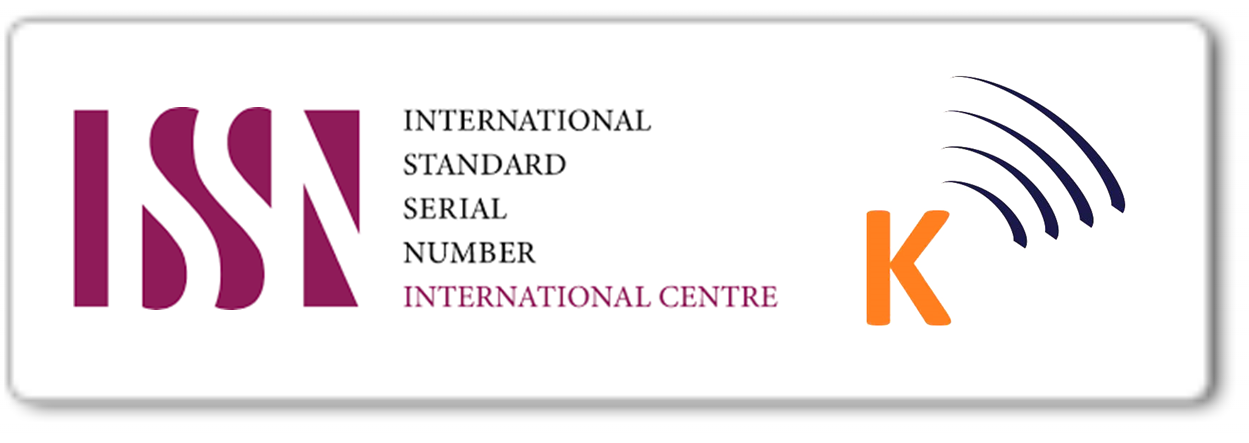IMPLEMENTASI STRATEGI PEMBELAJARAN KONFLIK KOGNITIF DALAM UPAYA MENINGKATKAN HIGH ORDER MATHEMATICAL THINKING SISWA
Keywords: berfikir kreatif, berfikir kritis, konflik kognitif
Abstract
As indicated by some researcher, cognitive conflicts arise from a collaborative learning when students ask their friends to redesign (co-construct) knowledge. Conceptually, cognitive changes that occured in a process of conflict or cooperation is a mistake. This argument claimed that a productive cognitive conflict occurs under a co-operative context, and not individual way. On the other hand, cognitive conflict rarely occurs in a collaborative or developing consensus process, but it occurs at a personal conflict (interpersonal) process. This study examines the implementation of cognitive conflict strategies in the learning of mathematics through individual and group learning in junior high school students. Through the design of Pre and Post Test Control Group Design, the result obtained that the quality of critical thinking skills, either through cooperative and individual learning were in the medium category. While improving students' ability to think creatively through learning cognitive conflict, either cooperatively or individually were in the low category. The test results showed that despite the increase in the ability to think in both groups are on the same level, there was a statistically significant difference. This also applied in the ability to think creatively, even if both were at low levels, but statistically it showed significant difference. The cognitive conflict approach through cooperative setting is recommended for use by teachers in teaching mathematics in schools.
Beberapa peneliti menemukan indikasi bahwa konflik kognitif dalam pembelajaran muncul dari proses kolaboratif ketika siswa mengajak satu sama lain untuk mengkontsruksi bersama (co-construct) pengetahuan tersebut. Secara konseptual temuan itu merupakan sebuah kekeliruan. Klaim argumentasi ini adalah konflik kognitif yang produktif terjadi dalam konteks kooperatif, dan tidak secara individual. Dilain pihak konflik kognitif jarang terjadi dari proses kolaboratif dan proses penyusunan konsensus, tetapi justru pada saat konflik secara pribadi (interpersonal). Studi ini mengkaji implementasi strategi konflik kognitif dalam pembelajaran matematika melalui belajar berkelompok dan individual dengan subjek yang diteliti adalah siswa SMP. Melalui desain Pre and Post Test Control Group Design diperoleh hasil bahwa kualitas peningkatan kemampuan berfikir kritis baik yang belajar melalui kooperatif maupun individual berada dalam kategori sedang. Sedangkan peningkatan kemampuan berfikir kreatif siswa melalui pembelajaran konflik kognitif baik secara kooperatif maupun secara individual berada pada kategori rendah. Dari pengujian diperoleh kesimpulan bahwa walaupun peningkatan kemampuan berfikir kedua kelompok berada pada level yang sama, tetapi secara statistic berbeda secara berarti. Begitu juga untuk peningkatan kemampuan berfikir kreatif, walaupun keduanya berada pada tingkatan rendah, tetapi secara statistic meunjukkan perbedaan yang berarti.
Downloads
References
Ismaimuja (2009). Kemampuan berfikir kritis dan kreatif matematis siswa SMP melalui pembelajaran berbasis masalah dengan strategi konflik kognitif. Disertasi doktoral yang tidak dipublikasikan, Universitas Pendidikan Indonesia, Bandung.
Kilpatric, J., Swafford, J., & Findell, B. (2001). Adding it up. Helping children learn mathematics. USA: National Research Council.
Lee, D., Kwon, J., Park, Sang-Kuk, Kim, Jung-Whan, Kwon, Hyeok-Gu, & Park, Hac-Kyoo (2003). Development of an instrument for measuring cognitive conflict in secondary-level science classes. Journal of Research in Science Teaching 40(6), 585–603 (2003).
Nurjanah, R. A., & Dahlan, J. A. (2009). Pengembangan bahan ajar pendekatan open-ended untuk meningkatkan kemampuan matematika. Laporan Penelitian. LPPM UPI.
Ratumanan, T.G. (2003). Pengaruh model pembelajaran dan gaya kognitif terhadap hasil belajar matematika siswa SLTP di kota Ambon. Dalam Jurnal pendidikan dasar [Online], 5(1), 2003: 1-10. Diambil 9 Oktober 2011 dari web: http://www.google.com/ .
Pathare S. R. & Pradhan H. C. (2011), Students’ understanding of thermal equilibrium, Proceedings of epiSTEME-4 - International conference to review research on science, technology and mathematics education, Macmillan publishers India Pvt. Ltd., 169. Diambil dari web: http://episteme4.hbcse.tifr.res.in/proceedings/strand-ii-cognitive-and-affective-studies-of-stme/pathare-pradhan .
Prata, D. N., Baker, R. S.J.d., Costa, E. R., Carolyn P. & Cui, Y. (tanpa tahun). Detecting and understanding the impact of cognitive and interpersonal conflict in computer supported collaborative learning environments. NSF grand REC-043779.
Prayekti. (2006). Penerapan model pembelajaran interaktif pada mata pelajaran IPA di SD. Dalam Jurnal Pendidikan dan Kebudayaan [Online], No. 060, tahun ke-12, Mei 2006). Diambil 13 Oktober 2011 dari web: http://www.teknologipendidikan.net/2008/08/06/penerapan-pembelajaran-model-pembelajaran-interaktif-pada-mata-pelajaran-ipa-di-sd/.
Sumarmo, U. (2002). Alternatif pembelajaran matematika dalam menerapkan kurikulum berbasis kompetensi. Makalah pada seminar matematika tingkat nasional yang diselenggarakan BEM himpunan mahasiswa jurusan pendidikan matematika FPMIPA UPI Bandung. Bandung.
Sutawijaya, A. & Dahlan, J. A. (2010). Model-model pembelajaran matematika. Modul UT, Jakarta: Universitas Terbuka.
Tim MKPBM UPI , (2001). Strategi pembelajaran matematika kontemporer. Bandung: JICA-UPI.
Toka, Y. & Askar, P. (2002). The effect of cognitive conflict and conceptual change text on students’ achievement related to first degree equations with one unknown. Diambil dari web: http//www.efdergi.hacettepe.edu.tr/Journalinfo/23/a26.htm.
Watson. (2002). Creating cognitive conflict in a controlled research setting: Sampling. Diambil dari web: http://www.stat.auckland.ac.nz/~iase/publications/1/6a1_wats.pdf.







